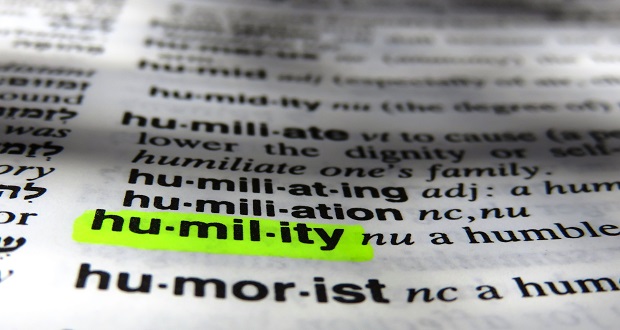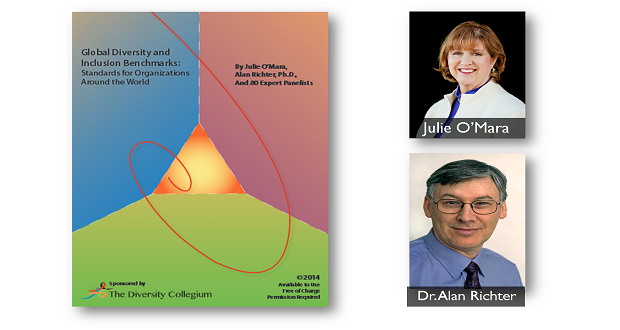
Scholars and practitioners of diversity and inclusion have increasingly engaged in dialogue about the nature of cultural competence, which is not only a core concept of diversity and inclusion work, but is a vital ingredient to being a successful member of the global economy. Mary-Frances Winters, in another post, has discussed some of the current debates around the nature of cultural competence and summarizes the definition that the Winters Groups adopts this way,
A continuous learning process to develop knowledge, appreciation, acceptance and skills to be able to discern cultural patterns in your own and other cultures and be able to effectively incorporate several different world views into problem solving, decision making and conflict resolution.
As Mary-Frances points out, there is some debate amongst practitioners around the use of different terms (i.e. cultural intelligence) as well as organizations preferring to use varying labels that describe similar concepts (i.e. cultural proficiency). But overall, I think there is considerable agreement around the core of cultural competence being a developmental set of knowledge and adaptive skills that can be learned over time. Unlike those who subscribe to a view of cultural intelligence as a more static or fixed trait from birth, I think the consensus on the developmental and processual essence of cultural competence in the industry is cause for celebration. In this post, I want to challenge you to think about, not the nature of cultural competence, but what are the deeper level motivations and drivers that jump start the process in the first place. The question is relevant for all competencies; what is it that sparks the initial desire to grow in something and what fuels the sustained effort to progress?
Dr. Mitchell Hammer, owner of the Intercultural Development Inventory® (IDI®), a tool that measures intercultural competence, has identified in his research that introspection and self-reflection are both key drivers in the process. As a Qualified Administrator (QA) of the IDI, I have seen these characteristics time and again in the posture, emotion, and depth of motivation when people evaluate themselves in light of their position on the cultural competence continuum. Although I think being introspective gets at the heart of what typically differentiates those interested in growth in cultural competence from those who could take-it-or-leave-it, I would add that the concept of humility is a helpful addition to this foundation.
Humility is a concept that has deep cultural and religious roots and is not evoked as often in industries that can be more science-y and analytical. As a social scientist myself, I appreciate the language of proficiency, intelligence and competence, but as a humanities guy, I cling to more traditional words like humility as well. Sometimes I think concepts like humility add a layer of depth that introspection or self-reflection cannot reach. But maybe these are my own biases—at the end of the day, the differences are slight. But what is important is that when I talk to clients about where they stand in terms of their level of cultural competence, I can almost always match how far along the continuum they are with their level of humility in how they talk about their strengths and weakness in navigating culture. In some sense this is surprising in that you might expect those with more cultural competence to have a higher level of pride—or in the worst case arrogance. But the opposite is true; inevitably when I talk with those further along the continuum of cultural competence I will hear things like “I know I still make mistakes”, “I still have a long way to go”, or admitting that “cultural-competence is challenging.” Although humility is often more common than not across all levels of cultural competence, when there is an air of pride, stubbornness, or defensiveness it is usually among those with lower levels.
If we take other competencies into account this pattern holds true. You can see it in the way various academics and scholars talk about their knowledge of their respective fields. Some are combative, defensive and prideful of their expertise while others are fully aware of their gaps, areas of improvement, and the inherent difficulty of their craft. The latter are fond of quoting Einstein who said “the more I learn, the more I realize how much I don’t know.” I don’t have an answer for how we can cultivate more humility—at least in this post—but it’s important that we examine the foundations and drivers of cultural competence with as much effort as we examine its essential nature and the resources to improve it. Both are equally important. And I think humility is a great place to start.


















